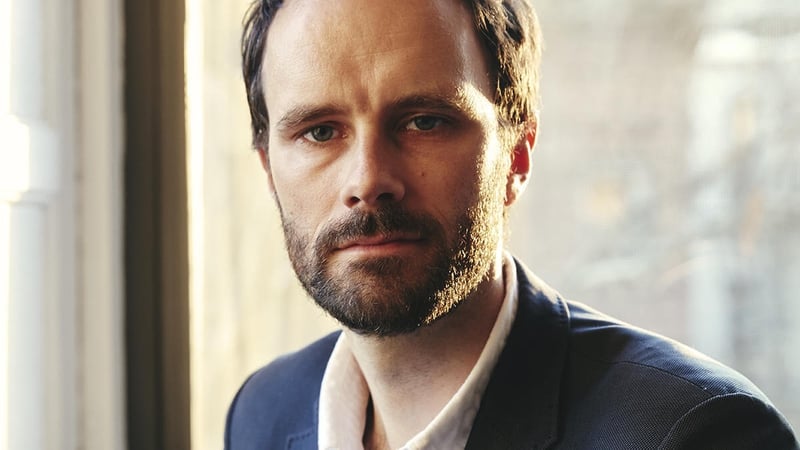


From classical musicians arriving in the eighteenth century, attracted by the bourgeoisie who could pay for their unique skills, Irish navvies and German bankers drawn to the “Victorian Babylon”, to sporting superstars in the twentieth century, and Russian billionaires in the twenty-first century – London has for hundreds of years had “an insatiable appetite for labour”. Indeed, there is such a wide range of ethnic groups now in London that the concept of “superdiversity” has been created: “a new London identity has emerged in which difference has become the norm”.Īs Panayi shows, foreigners moved to London for many reasons, including to escape persecution, but principally for work. More than 300 languages are spoken in the city. By the start of the twenty-first century, London was home to immigrants from every nation state in the world. With the exception of Rome, “London has experienced migration for longer than any other city”.įrom the eighteenth century, the Empire transformed London into the “capital of the world”, a magnet for people from around the globe. Indeed, the city was founded by migrants – the Romans – some two millennia ago. Immigrants, he argues, are real Londoners as much as people born there, because it has always been a city of migrants: “no immigration, no London”.

Panayi is an academic historian and his book about the role migrants have played in shaping London is based on years of research.

This profoundly shaped the way Panayi thinks and to this day, he says, a lack of diversity “makes me feel uncomfortable”. The process was made easier though by the fact that the children at the school came from different ethnic backgrounds. When he first went to school in the 1960s, Panayi did not speak English and he notes that “the transition from Greek Cypriot dialect-speaking immigrant to Londoner would take a year or two to complete”. Panikos Panayi was raised in north London by Greek Cypriot immigrant parents.


 0 kommentar(er)
0 kommentar(er)
